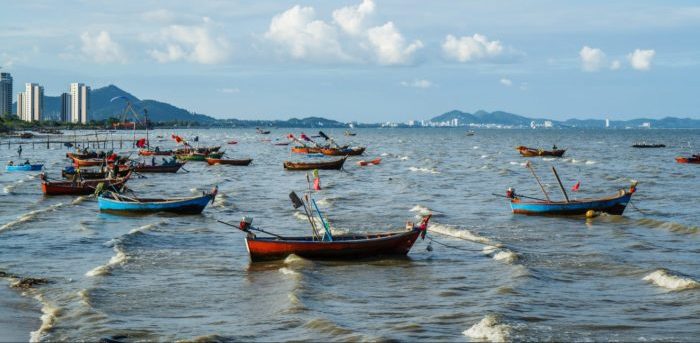Africa Center issued a report, entitled “Criminality in Africa’s Fishing Industry: A Threat to Human Security”, where it informs that the weak accountability of Africa’s fisheries sector enables unsustainable exploitation by foreign fishing firms and undercuts the political will needed to build more robust surveillance and prosecutorial capacity.
Thousands of foreign fishing vessels ply African waters every year, seeking to tap the continent’s rich fish stocks. Many of these vessels are believed to be exploiting Africa’s fisheries illegally. Offenses include fishing without a license, fishing in protected areas, using banned fishing gear that is destructive to the fisheries sector, catching beyond limits, or catching protected species. Even licensed vessels regularly do not report catches as required.
Highlights Since the late 1990s there has been growing awareness that the industrial fishing sector is highly prone to forms of dishonesty. This has been observed almost everywhere, and not just in developing countries. It is an outcome of a business sector that is increasingly competitive, subject to rising costs (particularly fuel prices), and beholden to a capricious market for its produce (prices paid for fish fluctuate considerably). For many fisheries there is also the added strain of climate change, which can lead to seasonal variations in the abundance of fish, sometimes dramatically. Added to these challenges is the widespread belief that there is a chronic overcapacity in the world’s industrial fishing fleet, which is becoming ever more efficient at finding and catching fish. The result is that fishing companies face an unpredictable environment and are, as a result, highly prone to risk taking and evading (or resisting) regulations. This structural crisis in fisheries globally is compounded in Africa by the limited capacity of many coastal states to manage and monitor foreign fishing. Madagascar is illustrative. The control of fishing along its extensive coastline and in its territorial waters (it is the fourth largest island in the world) is achieved by only 3 monitoring vessels, 8 speedboats, 18 inspectors, and 22 observers. Confronting unsustainable and illegal fishing As the report underlines, there is a clear need to strengthen law enforcement efforts at both the national and international level for fisheries. This will also require expanding the applicability of civil and criminal penalties to include not just vessel owners but also the corporate structures and beneficial owners behind them. Such cases can be strengthened by considering the multiple dimensions of fisheries crimes beyond illegal fishing, such as money laundering and bribery. Yet a great deal of pressure needs to be placed on all foreign fishing nations to contribute effectively to this: Explore more by reading the full report:
































































